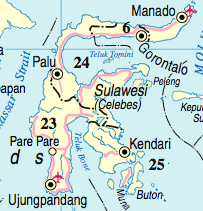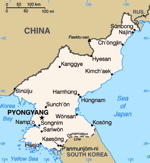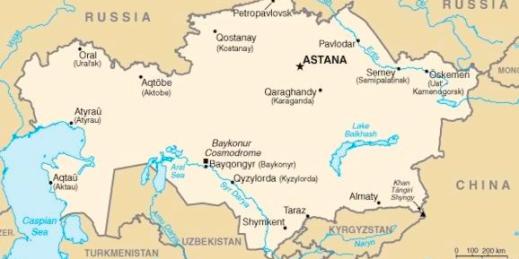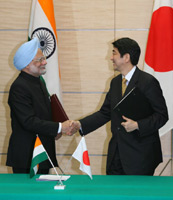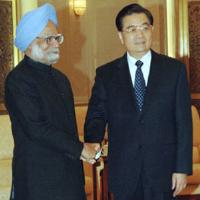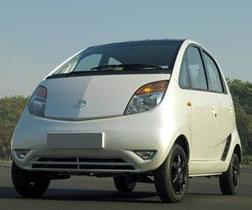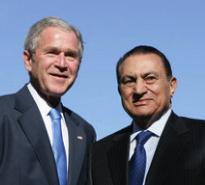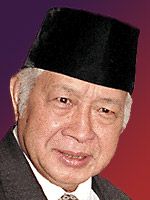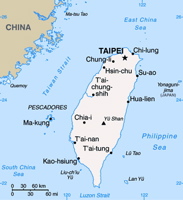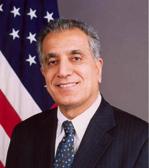
The media’s fixation with the protracted death of former President Suharto, who ruled Indonesia for 32 years, from 1967 until he was forced to resign in May 1998, has obscured the fact that Indonesia has progressed well beyond the Suharto era. In some areas, such as the government’s support for political democracy and regional autonomy, this movement has been largely positive. In other dimensions, such as the rise of religious extremism after the collapse of Suharto’s secular regime, the results have proven more problematic. Indonesia dominates Southeast Asia geographically, demographically and potentially economically. In addition, the country has emerged as […]

